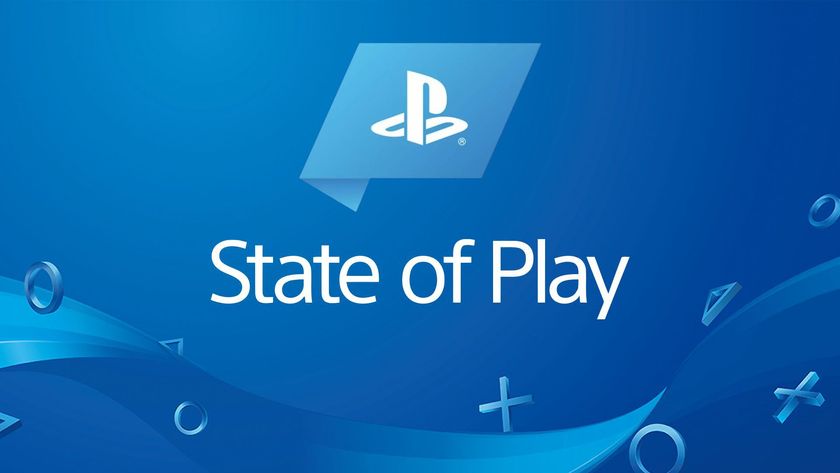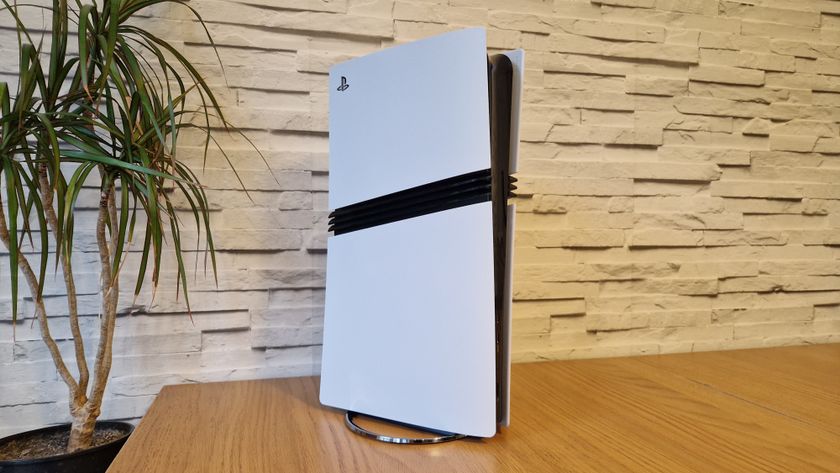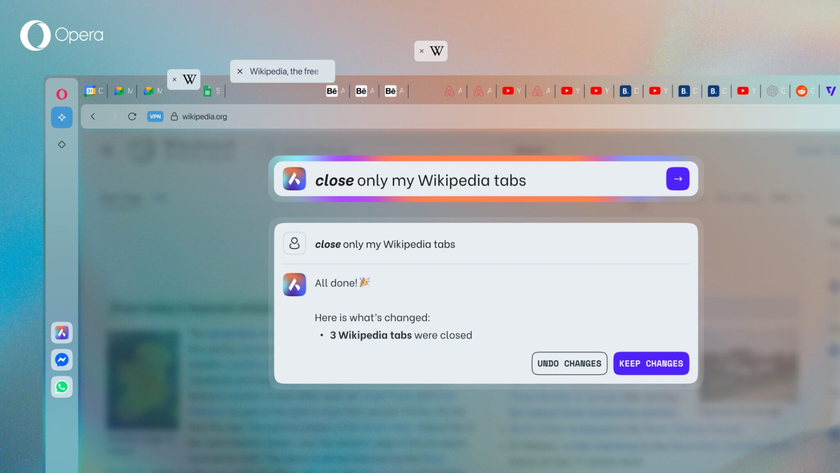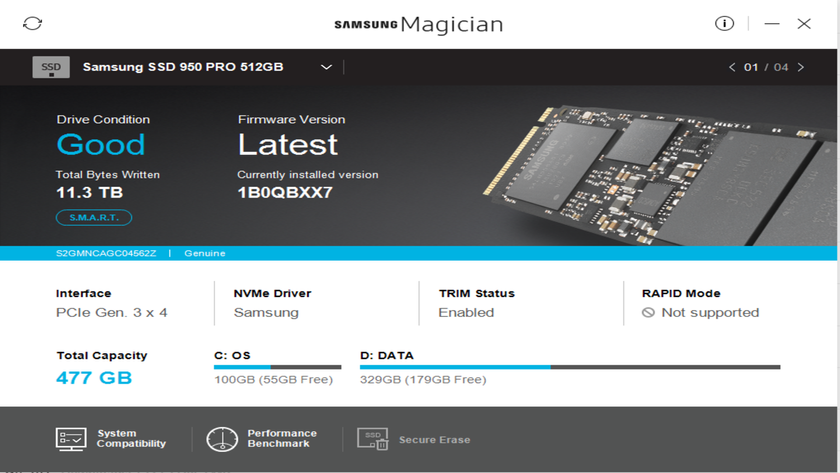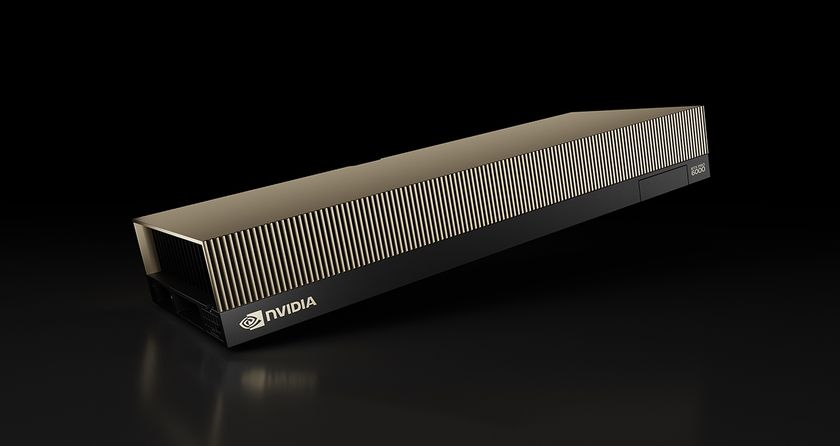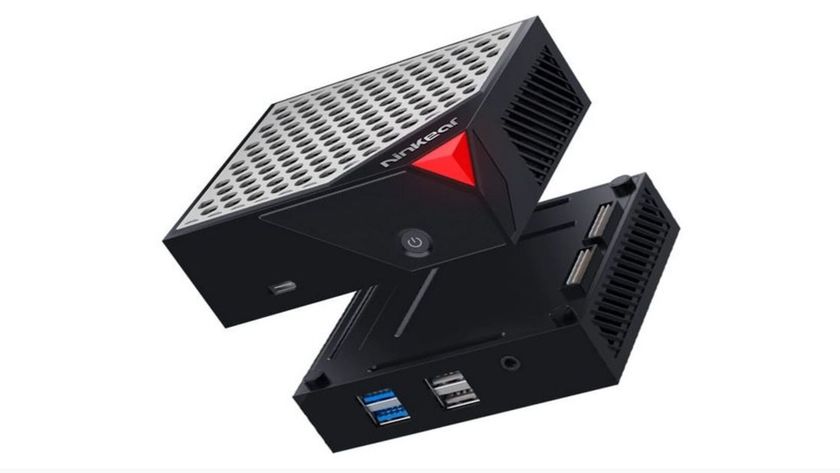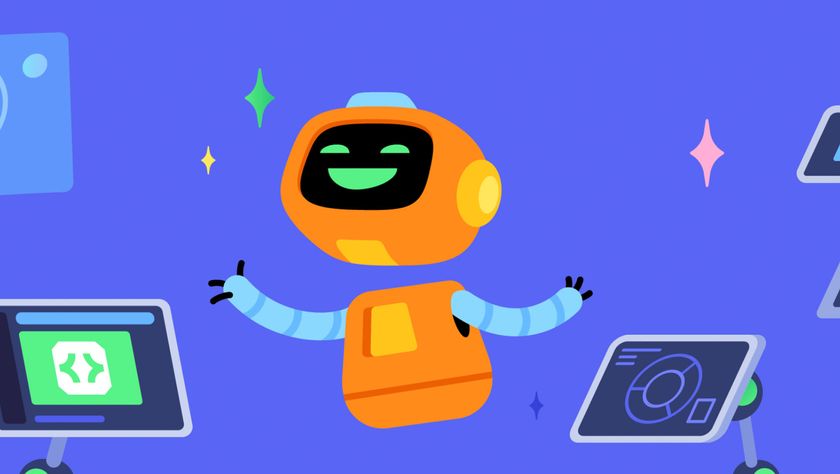PlayStation Network outage down to Lizard DDos attack
Hacker collective Lizard Group causes all sorts of bother on PSN
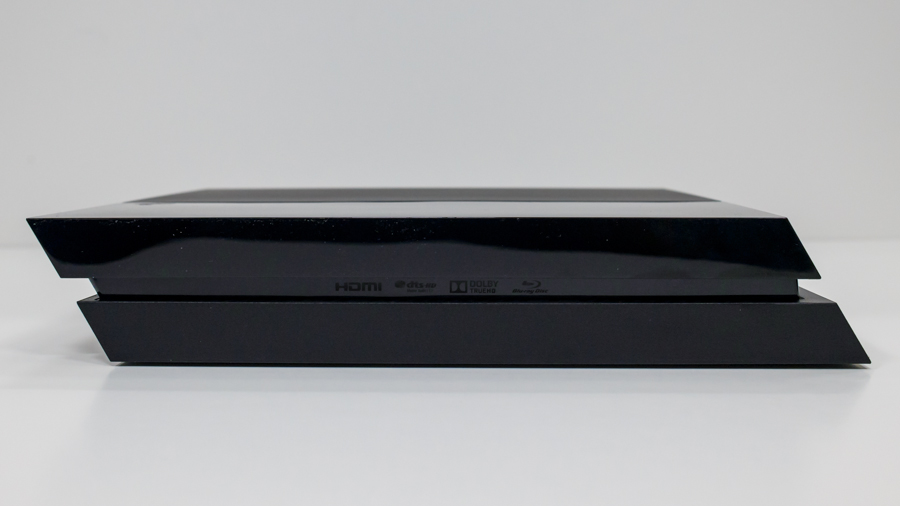
Many were left annoyed over the weekend after the Sony PlayStation Network went down due to claimed scheduled maintenance, but it has since been confirmed the outage was down to a DDos hacker attack.
The PlayStation Network went down over the weekend. After initially claiming it was down to scheduled maintenance in a standard "nothing to see here" PR move, Sony admitted it was the work of hackers in a PlayStation Blog post.
"The networks were taken offline due to a distributed denial of service attack. We have seen no evidence of any intrusion to the network and no evidence of any unauthorized access to users' personal information," the post explains.
After the news that the outage was a hackers' hack job, there was some concern that a whopping 53 million people's personal data could have been compromised by the attack.
However, it now seems like the cause of all the drama was a brute force Ddos attack rather than something even more sinister.
A DDos attack is where a server is bombarded with requests in order to bring it down and, in this case, make it unavailable to those scores of poor 14 year-olds who want nothing more than to harmlessly shoot a few people in the head on their PS4s of a weekend.
Cold blooded
The group that has claimed responsibility for the attack is known as Lizard Group, and it has reportedly been causing all sorts of bother over the weekend.
Get daily insight, inspiration and deals in your inbox
Sign up for breaking news, reviews, opinion, top tech deals, and more.
It also launched DDos attacks against battle.net, the server engine that powers World of Warcraft, Xbox Live and apparently even called a bomb threat on the plane of Sony Online Presiedent John Smedley, which was subsequently diverted for security reasons.
After seemingly being down for all of Sunday 24 August, PSN seems to be back online – we just checked – if performing a little slower than normal.
The PlayStation Twitter account has advised that the service is back online, but suggests "you may experience slowness or login issues as the network stabilizes."
via TechCrunch
Andrew is a freelance journalist and has been writing and editing for some of the UK's top tech and lifestyle publications including TrustedReviews, Stuff, T3, TechRadar, Lifehacker and others.



